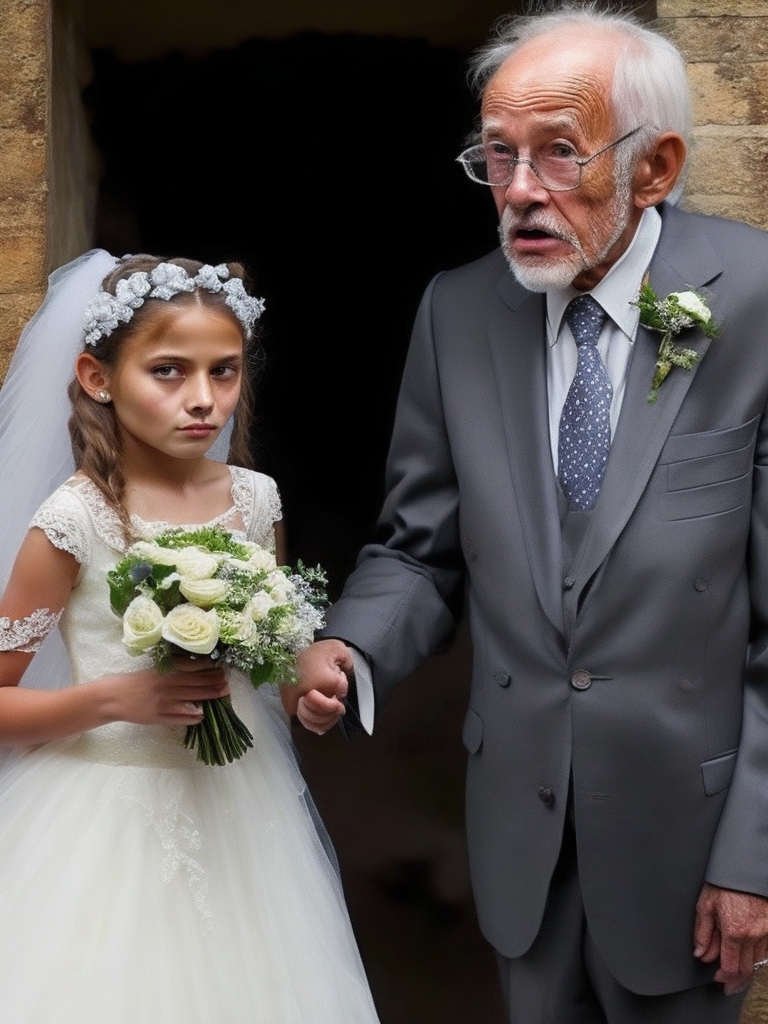In states like California, child marriage is strictly prohibited. The minimum age to get married is 18 without exceptions. However, if a minor aged 16 or 17 wishes to get married, they must obtain parental consent and seek court approval. This stringent approach ensures that children are not forced into marriage at an early age.
On the other hand, states like Texas have slightly more relaxed laws regarding child marriage. While the legal age to marry without parental consent is 18, minors aged 16 or 17 can get married with parental consent. Additionally, in cases where a female minor is pregnant, they can marry with court approval, regardless of age. Though this provision may be intended to offer support to young pregnant girls, it opens the door for potential exploitation or forced marriages.
Some states, such as New York, have taken steps to strengthen their child marriage laws in recent years. New York previously allowed children as young as 14 to get married with judicial approval. However, in 2017, they raised the minimum age to 17 and require both parental consent and court approval for 17-year-olds. This change aims to ensure that children are afforded greater protection and opportunity to make informed decisions.
In contrast, states like North Carolina still have relatively lenient child marriage laws. The minimum age to marry is 18, but minors aged 16 or 17 can get married if they obtain parental consent. Furthermore, there is no minimum age requirement if the female is pregnant or has given birth to a child. This loophole raises concerns about the potential for forced or coerced marriages.
It is vital for states to reevaluate their child marriage laws and actively work toward protecting vulnerable children. Organizations and activists are advocating for stricter regulations nationwide to prevent child marriage and support those affected. They emphasize the importance of promoting education and awareness to empower children to make informed choices about their future.
Child marriage is a complex issue that requires a multifaceted approach. Legislative measures, education programs, and support services are all necessary components of combatting this practice effectively. By raising awareness about the state-by-state variations in child marriage laws, we are taking an important step toward protecting children and ensuring a brighter future for them. Together, we can strive for a society where no child is forced into marriage against their will.
Human right activist
Nada Foundation

